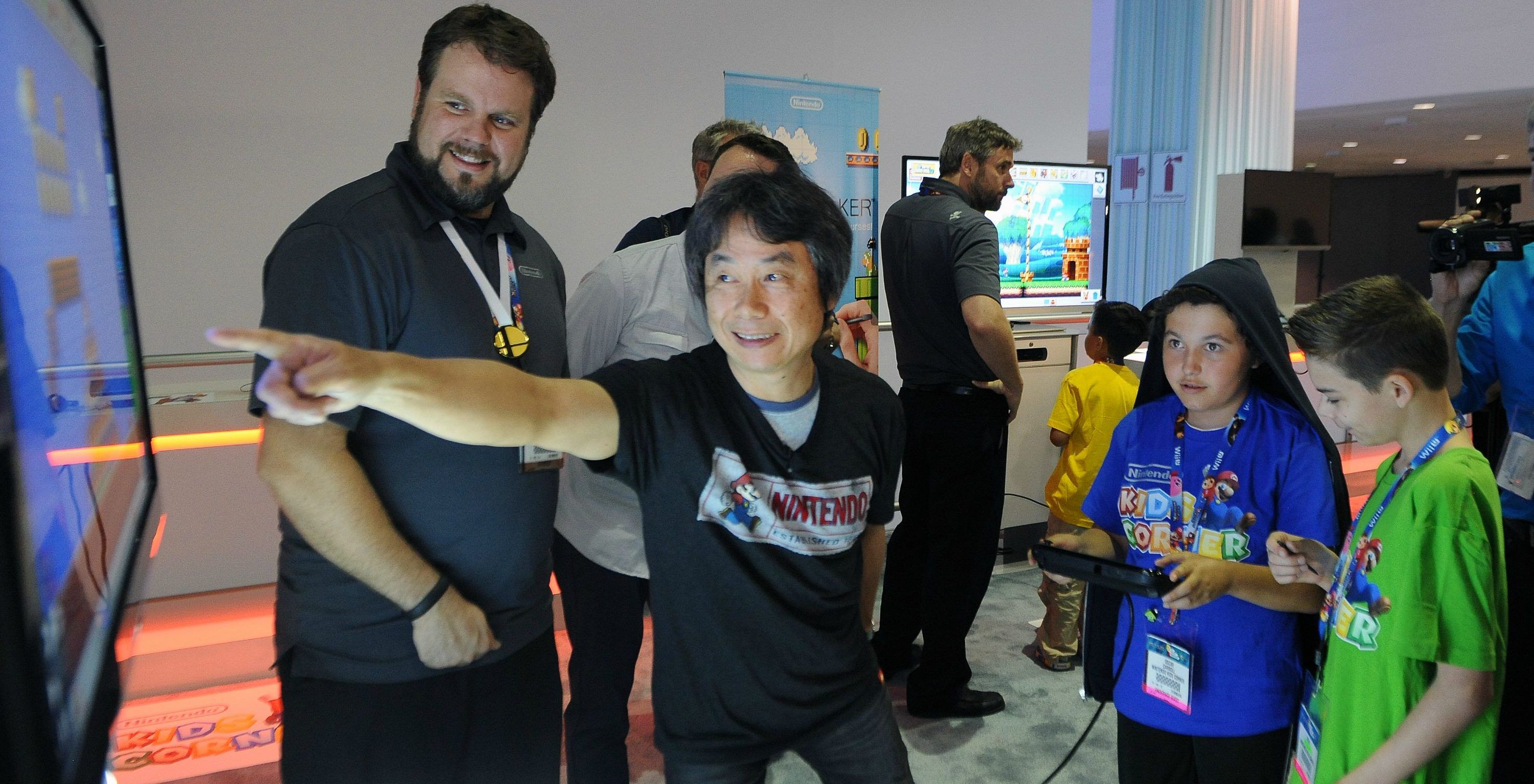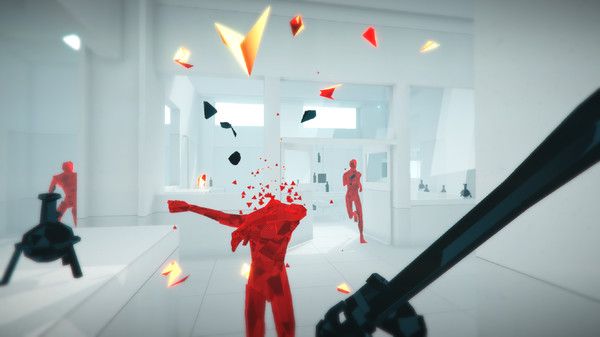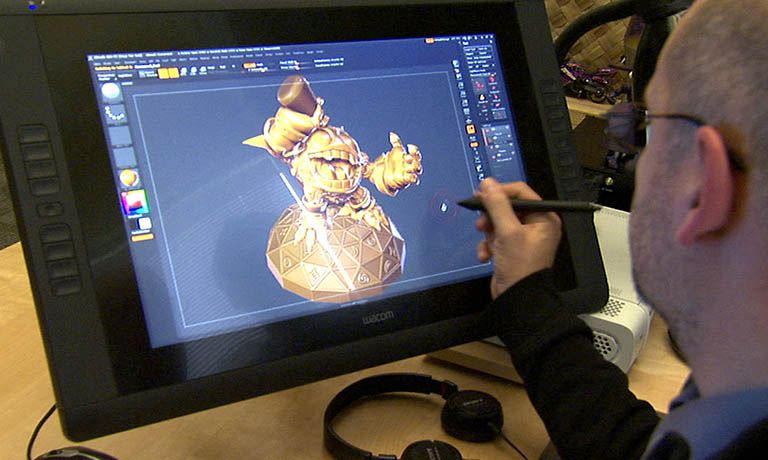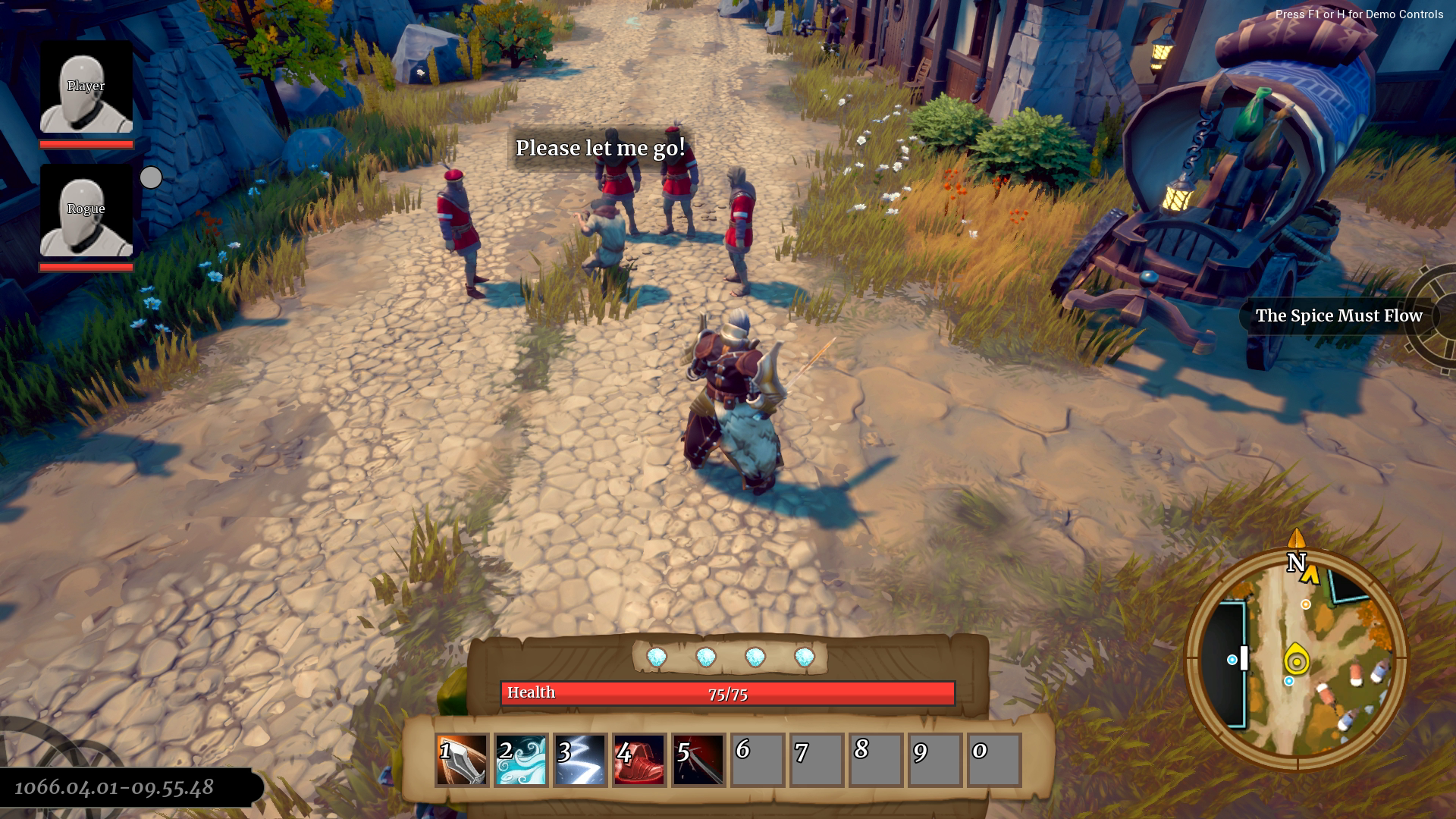If you've been playing video games for a long time, chances are you've had some ideas of your own. Maybe a particular story inspired you, and you felt that you could imagine a version where things went differently. Perhaps you have a favorite niche genre that goes unappreciated, and wish you could make the masterpiece that would bring it to the mainstream. Or it could be that you just played a recent AAA game, thought it sucked, and know you could create something better.
Any of these thoughts, and many others, could give rise to a big question: "How do I turn my amazing video game idea into a reality?" The answer is simpler than you think, but also demands a lot of hard work.
Ideas Are Worthless
There's an old saying in the business world: "Ideas are worthless, execution is everything." It has a pretty straightforward meaning. You can't just walk up to investors and say "Listen to my great idea!" You have to show them something. Even a simple prototype, as long as it displays the genius of your idea, can go a long way.
Look at the game Superhot. It's just a bunch of red polygon dudes in white rooms running at you. If it were being judged solely on presentation, it probably never would have gotten any attention. The core gameplay, however, is tons of fun. Those white rooms become a lot more immersive when you enter them in virtual reality, and the mundane objects pop as potential weapons. The Matrix-style action challenges you to treat those red guys as a credible threat, one that can end you if you're not quick enough. All in all, Superhot's unique gameplay mechanics make it a VR showcase in spite of its simplistic graphics.
So now that you know the importance of a working prototype, how do you get one? You make it yourself.
Git Gud
Here comes the hard part. To make that working prototype, you need to acquire very specific skills. If you already know how to code, 3D model, or draw, then why are you reading this? Close the tab, open up your program of choice and get to work! If you don't have any of these skills, then it's time to make an important life decision.
First, you'll need to consider if you want to spend your life making video games or if your idea is just a fun thing to entertain when you're bored. Game design and development are complex jobs that will require as much education as any other specialized field. You'll probably need to attend a four-year college, so you better be committed. If that does sound like the path you want to go down in life, then study this list of schools. These institutions are some of the best places to learn game design/development and get a degree from the experience.
If art is where your talents lie, you will probably want to look into studying animation. An education in this field will prep you to design the characters and settings of a game. It will also come with the added bonus of prepping you to work on cutscenes or even movies if you want to branch out. This list contains several great animation schools you can look into.
Those two lists are only starting points, of course, and college is not the only path to game design. You could teach yourself how to code using various online tools. Similarly, you could become a better artist simply by drawing a lot in your free time, and then posting your drawings online for critique. Of course, self-teaching is difficult as it's hard to gauge just how to improve without expert feedback. And relying on random internet denizens for feedback requires a certain... thickness of skin. Whatever your path, the goal is to gain enough skill to build your own game.
Do The Thing
Once you've invested at least four years into this venture, you'll hopefully have the skills necessary to start making a game. You'll also hopefully have made some friends with the same dreams and the skills to make them happen.
This is where those who studied coding and game design have an advantage. Artists might be able to make some intriguing concept art, and even an animated trailer, but it takes coding knowledge to actually put gameplay mechanics to work. You can do so without needing gorgeous graphics. Again, look at Superhot. Or really a lot of early access games. You can buy pre-made assets or use software like RPG Maker to get your initial idea off the ground. If you have the ability to manipulate programs, great art can come later.
To that end, there's another piece of the puzzle that mystifies beginners in any field: networking. This is best done when you're still in college. Be friendly to everyone in your classes and find fellow designers/artists you vibe with. Make it a point to befriend those with skill sets outside of your own. When the time comes to make your first game, you'll appreciate having like-minded friends who can provide the code or assets that you can't.
Long Road Ahead
If you manage to stick it out, learn some useful skills, make friends with other useful skills, and build a prototype of your dream game, congrats! But there's still more work to do. Unless you're very lucky, your earliest build will not have gamers busting down your door to get a copy. That's when another decision must happen. Can you front the money to make your game independently, taking it to conventions and getting feedback from player demoes? Or do you want to try and sell it to a major publisher? You could also go the Kickstarter route, but then you need to think about marketing. Maybe those animation majors can come in at this point and make that slick trailer. Just make sure that if you commit to a Kickstarter you can realistically deliver on all those stretch goals.
However you go about it, making a game takes a lot more than a simple idea. It takes skill, creativity, and a lot of dedication to a dream that may never come true. Good luck!




